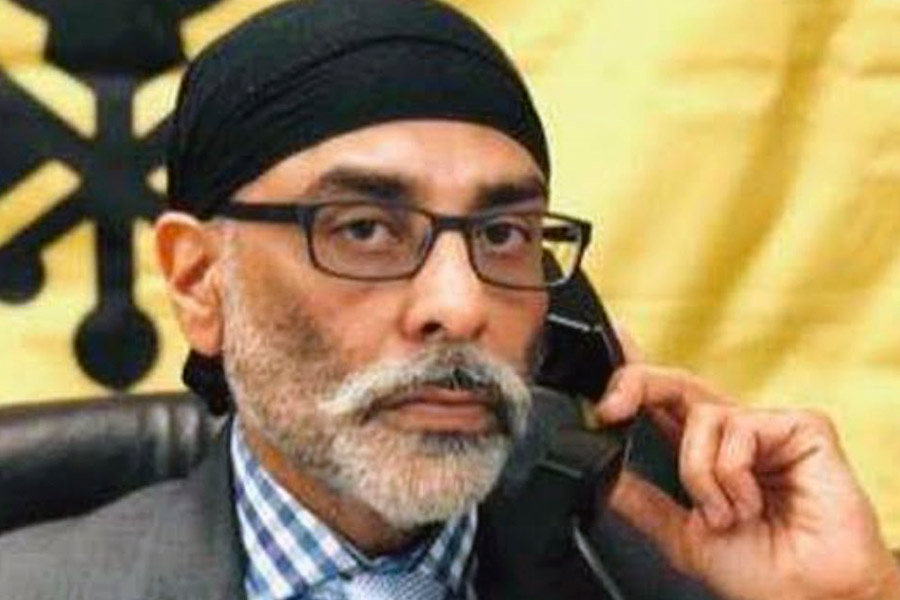Just two months after the Canadian prime minister, Justin Trudeau, accused India of being involved in the assassination of the Sikh separatist, Hardeep Singh Nijjar, near Vancouver, Indian security and intelligence agencies are under global scrutiny, once again. Reports suggest that the United States of America foiled an attempted plot to kill another pro-Khalistan leader — and American citizen — Gurpatwant Singh Pannun, and told India that it believed New Delhi could have been involved. The Narendra Modi government, usually quick to deny or discredit any media report that casts it in poor light, confirmed that the US had shared its concerns and that New Delhi was examining the matter. Two such back-to-back, high-profile allegations are cause for serious concern, with potentially long-term consequences for India’s diplomacy and security. It is no secret that there are individuals living abroad who seek to divide or splinter India, often using violent means. Mr Pannun, for instance, warned people against flying on Air India planes in a recent video, evoking memories of the 1985 Kanishka bombing in which more than 300 people died. Yet the way to bring individuals to justice for what the Indian government believes are crimes is to rely on diplomacy and the rule of law.
While any role of the Indian government in the assassination of Mr Nijjar and in the alleged targeting of Mr Pannun is not confirmed, the mounting concerns among India’s traditional friends such as the US and Canada should give New Delhi pause. If Indian agencies are indeed attempting secret, targeted killings in friendly nations, they must curb their adventurism. If rogue elements within Indian agencies are involved in extraterritorial assassinations, that should concern the security establishment even more. And if the US, Canada and their allies are bluffing, India needs to expose that with evidence, not whataboutery. Over the past quarter century, India has carefully built its diplomatic stature, recognising that whether on the China border, in the open seas or in dealing with terrorism, it is strongest when it can count on diplomatic, security and intelligence cooperation from friends. That cooperation depends on mutual trust, which appears to have taken a hit. Clandestine assassinations also raise the spectre of the government of the day using the method to get rid of even peaceful critics overseas. The risks are too high, the gains minimal, if any. India’s security needs mature leadership and global friends, not a James Bond fantasy.











